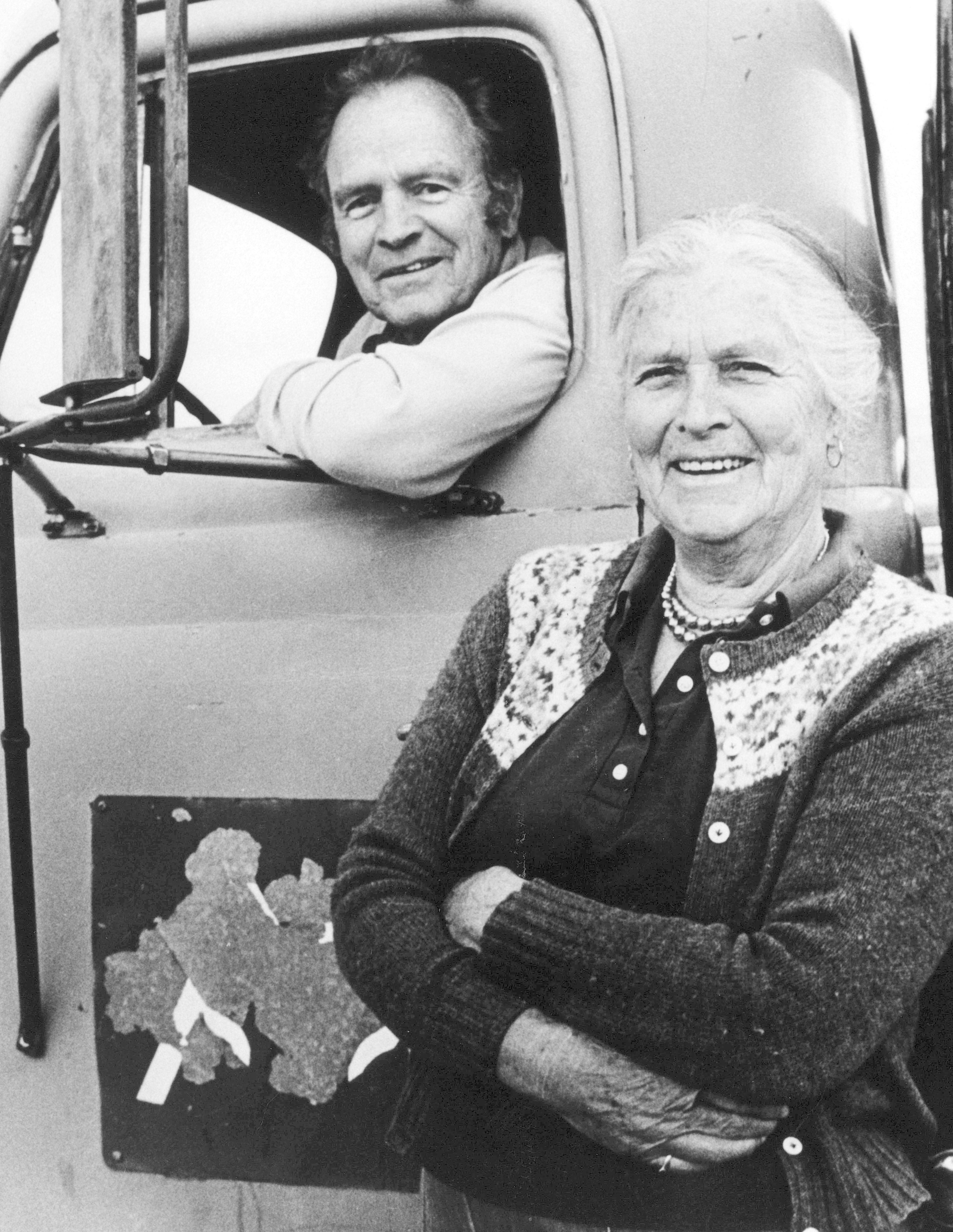
2 minute read
The Holdens: A Legacy of Generosity
Mark Bell, Director of Development
John and Anne Holden’s drive west in 1953 was the beginning of a legacy that would stretch across generations and impact the lives of thousands of young people. The Holdens founded Colorado Rocky Mountain School, investing all of themselves into realizing their dream of what the school would become. But even they knew they could not undertake this alone and would rely on the dedication and investment of others.
John Holden recognized the role of philanthropy in the success and future of CRMS. In February 1957, he first solicited all 35 of the school’s alumni to donate, noting the importance of alumni giving percentages as a marker of a school’s overall health. Later that same year, he asked parents of current and former students to give in support of planned capital improvements, explaining that:
The school was founded on the principle that capital expenditures should come from contributions to keep the tuitions down in order to attract as wide a range of students as possible.
—John Holden, October 1957
This foundational principle continues to inform our philosophy about the role philanthropy plays in the school’s financial model. Over the years, philanthropy has been responsible for everything from closing budget gaps to the historic exchange of the Bar Fork property; making possible the Jossman academic building, and expanding access to a CRMS education through financial aid.
The Holdens knew their vision could not be realized without the generosity and support of others. Today, each of us has the opportunity to follow in the Holdens’ footsteps and leave our own legacy at CRMS whether it’s supporting people and programs by giving to the Annual Fund, improving our facilities, and maintaining our campus with capital gifts, or ensuring the school’s future viability with donations to the endowment.
Thank you to everyone who generously supports CRMS and allows our dedicated teachers and staff to educate our students and create opportunities for them to thrive.









